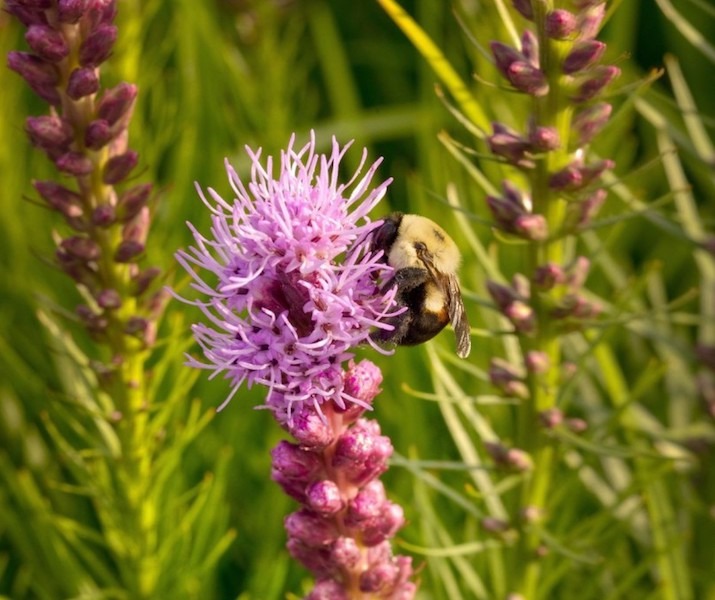Landscaping is a critical aspect of our built environment and plays a significant role in shaping the appearance, functionality, and sustainability of our outdoor spaces. The practice of landscaping involves designing, planning, and maintaining outdoor spaces to enhance their aesthetic appeal, ecological value, and overall health. In recent years, sustainability has emerged as a key trend in the landscaping industry, with a growing emphasis on environmentally-friendly practices that conserve resources and minimize environmental impacts.
significant challenges
One of the most significant challenges facing the landscaping industry is water scarcity. As the global population continues to grow, demand for fresh water is rapidly outpacing supply, and many regions are facing water shortages. Landscaping can be a significant source of water consumption, particularly in arid and semi-arid regions where irrigation is necessary to maintain healthy plants. To address this challenge, many landscapers are turning to water-saving strategies, such as low-water use plant selection, drip irrigation systems, rainwater harvesting, and xeriscaping.
Xeriscaping
Xeriscaping, in particular, is gaining popularity as a sustainable landscaping option. This approach involves using drought-tolerant plants and water-saving strategies to create outdoor spaces that require minimal water inputs. Xeriscaping can be an attractive option for property owners who want to save money on their water bills, reduce their environmental footprint, and maintain beautiful outdoor spaces.
Another challenge facing the landscaping industry is soil degradation and loss of biodiversity. As urbanization and development continue to expand, valuable farmland is being converted to built-up areas, reducing the amount of fertile soil available for agriculture. In addition, many conventional landscaping practices, such as heavy tillage, monoculture plantings, and over-application of pesticides and fertilizers, can degrade soil health and harm the local ecosystem. To address these issues, many landscapers are turning to sustainable practices such as organic gardening, green roofs, and rain gardens that conserve soil, protect water resources, and promote biodiversity.
Green roofs are one of the most innovative and sustainable landscaping trends of the past decade. These roofs involve covering a building’s roof with a layer of soil and vegetation, creating a “living roof” that provides numerous environmental benefits. Green roofs can reduce the urban heat island effect by providing shade and cooling the surrounding area, reduce stormwater runoff and help manage stormwater runoff, and provide habitats for birds and other wildlife. In addition, green roofs are visually appealing and can add significant value to a building.
Rain gardens are another innovative and sustainable landscaping trend that is gaining popularity. Rain gardens are designed to capture, store, and filter stormwater runoff, reducing the impact of runoff on nearby streams and rivers. They are typically planted with native plants and shrubs that are well-adapted to the local climate, and they can provide valuable habitats for birds and other wildlife. In addition, rain gardens are visually appealing and can add significant value to a property.
Finally, one of the biggest challenges facing the landscaping industry is the impact of climate change. Climate change is causing severe weather patterns, prolonged droughts, and increased frequency of extreme weather events, all of which can have significant impacts on landscaping. To address this challenge, many landscapers are turning to climate-resilient practices, such as planting drought-tolerant plants, using water-saving strategies, and incorporating green infrastructure such as green roofs and rain gardens.
In conclusion, landscaping sustainability is an important trend in the industry, with a growing emphasis on environmentally-friendly practices that conserve resources and minimize environmental impacts. Key challenges facing the industry include water scarcity, soil degradation and loss of biodiversity, and the impacts of climate.
Contributed by: Kelstone Contracting in Kelowna BC- Foremost experts in Excavation and landscaping.
Kelstone Contracting
2951 Richter Street,
Kelowna BC V1Y 2R8
Phone 250-212-6099
